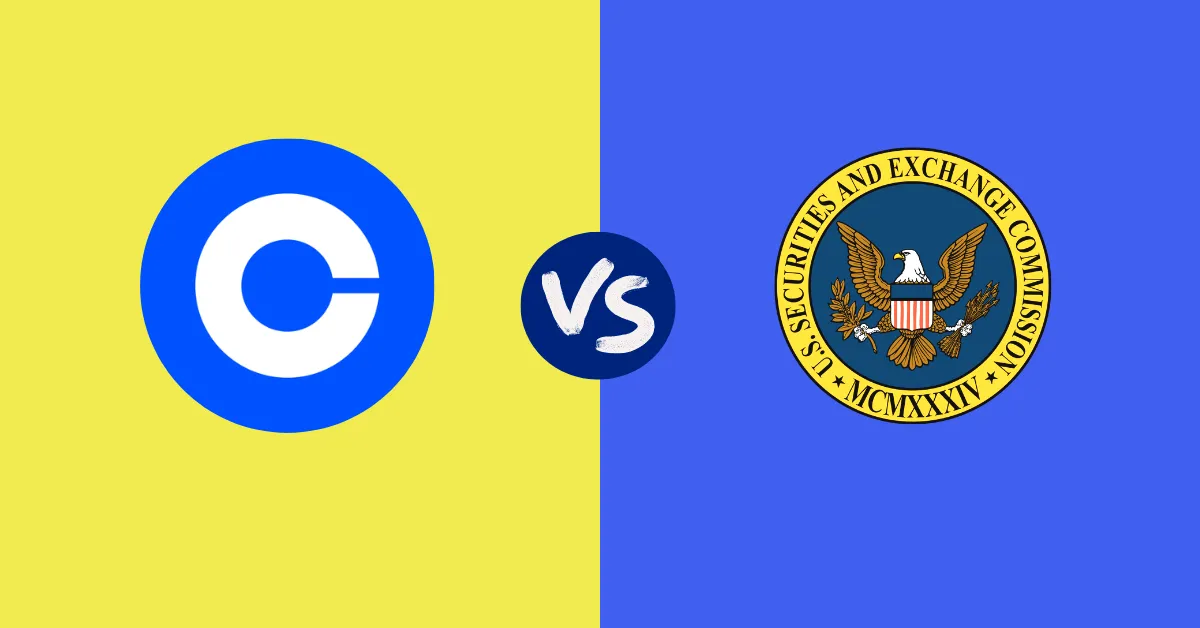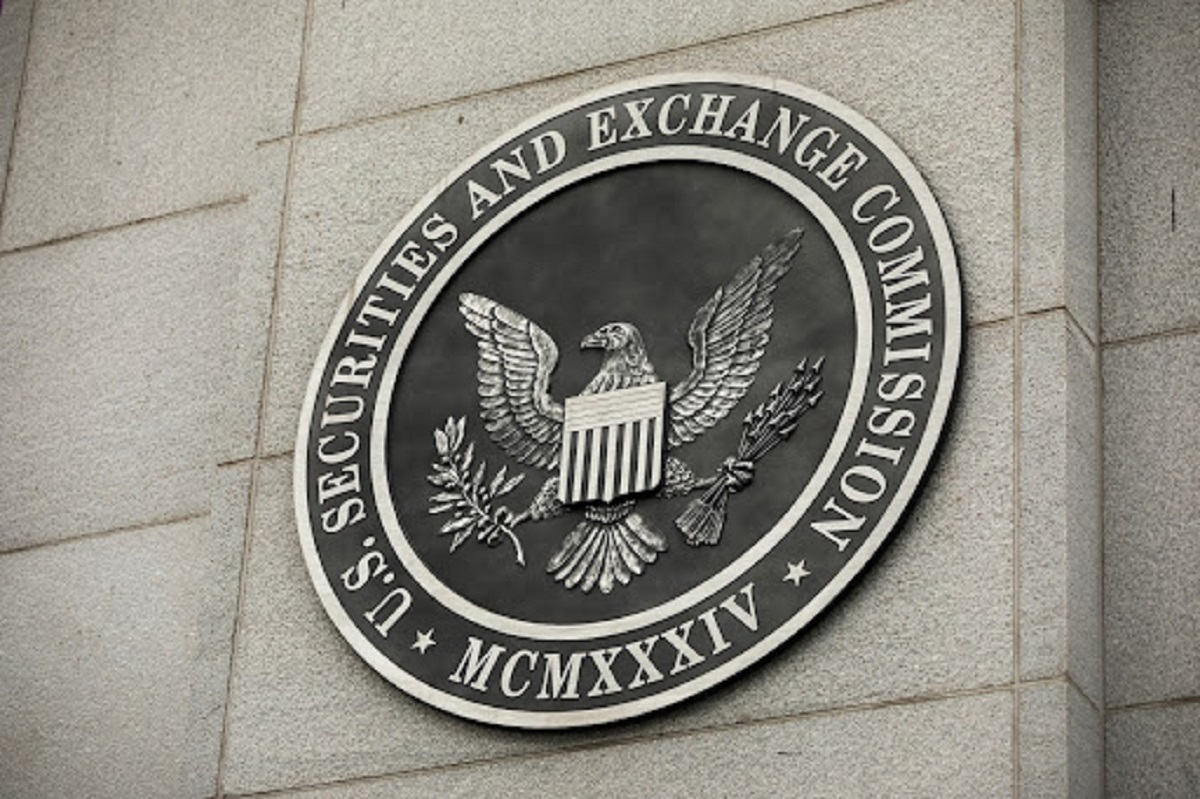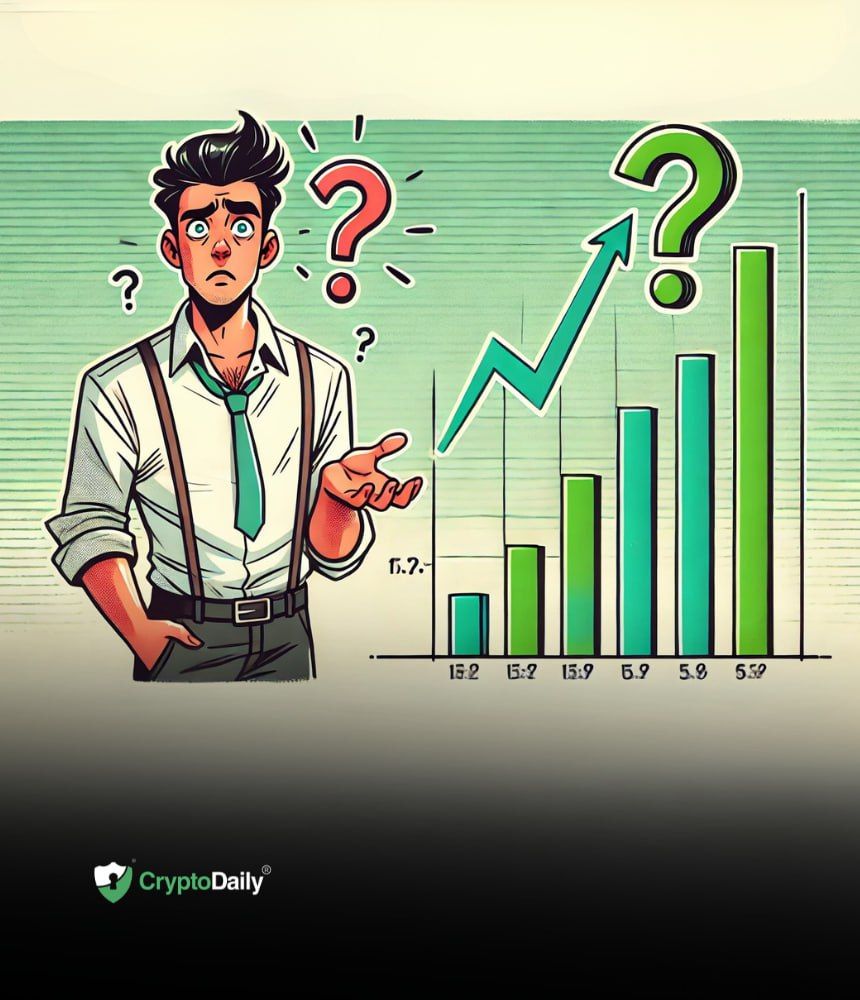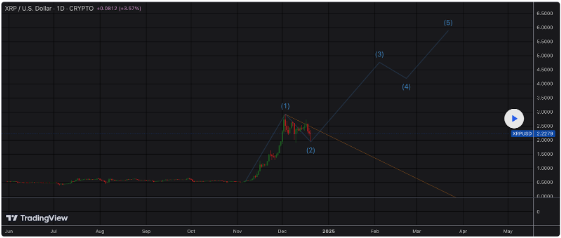Coinbase has recently filed a response challenging the Securities and Exchange Commission’s (SEC) claims that the transactions of the 12 tokens in question met the definition of “investment contracts” under the Howey test.
John Deaton took to his Twitter handle and pointed out that the SEC lacks the ability to claim that transactions involving the 12 tokens mentioned in the complaint, whether on Coinbase’s secondary market spot exchange or other secondary market exchanges through Coinbase Prime, carry specific rights.
According to Deaton, these transactions are merely asset sales, where both the buyer and seller fulfill their obligations at the time of the sale. He stressed that any uncertainty regarding this matter would be dismissed based on the major questions doctrine, showing deference to Congress’s authority to determine how to regulate and allocate power within the digital asset domain.
Coinbase in its recent filing said, “The transactions over Coinbase’s platform and Prime are not, and do not involve, contractual undertakings to deliver future value reflecting the income, profits, or assets of a business. They are commodity sales, with the obligations on both sides discharged entirely the moment the digital token is delivered in exchange for payment.”
The SEC’s lawsuit against Coinbase claimed that the exchange-traded at least 12 crypto assets that could be considered securities. Interestingly, it was reported that the initial recommendation by the agency included as many as 200 tokens that could have fallen under the category of securities.
Credit: Source link






.jpg)







































